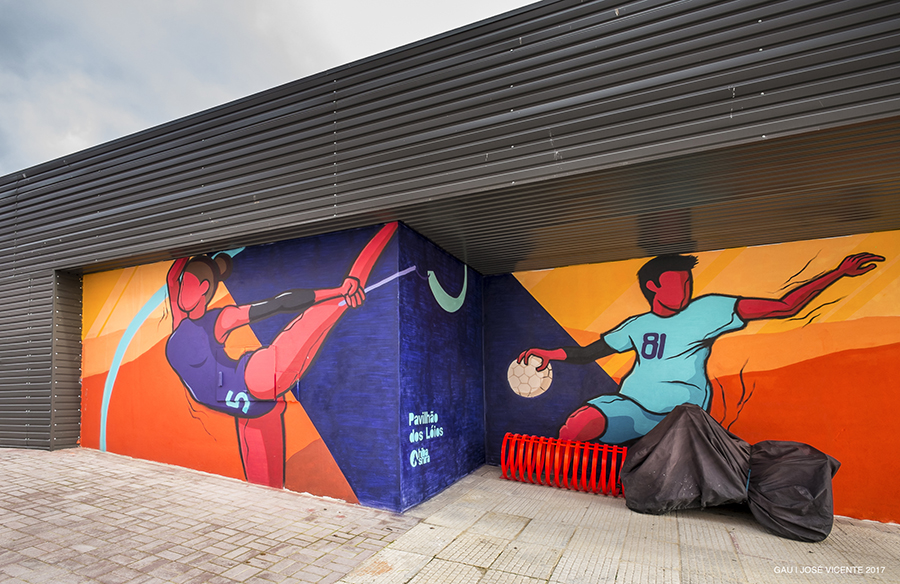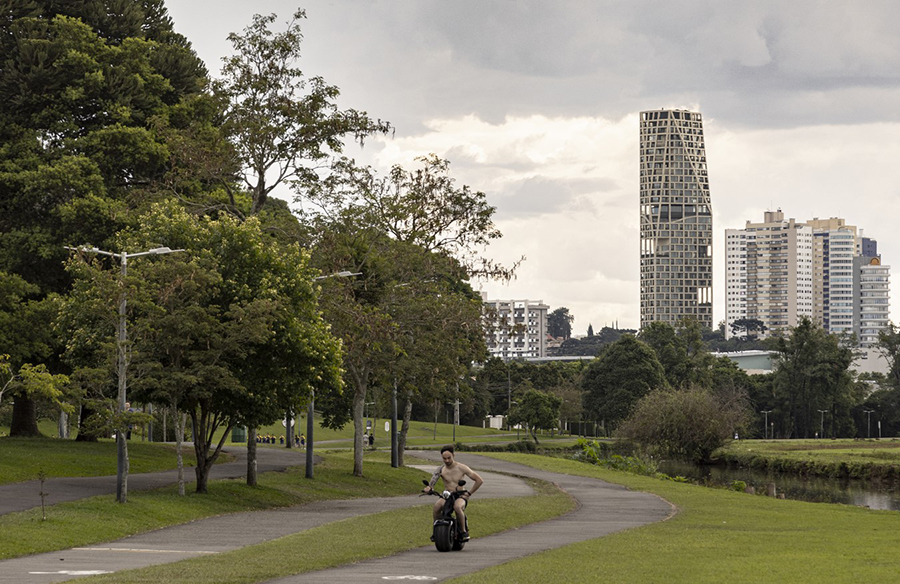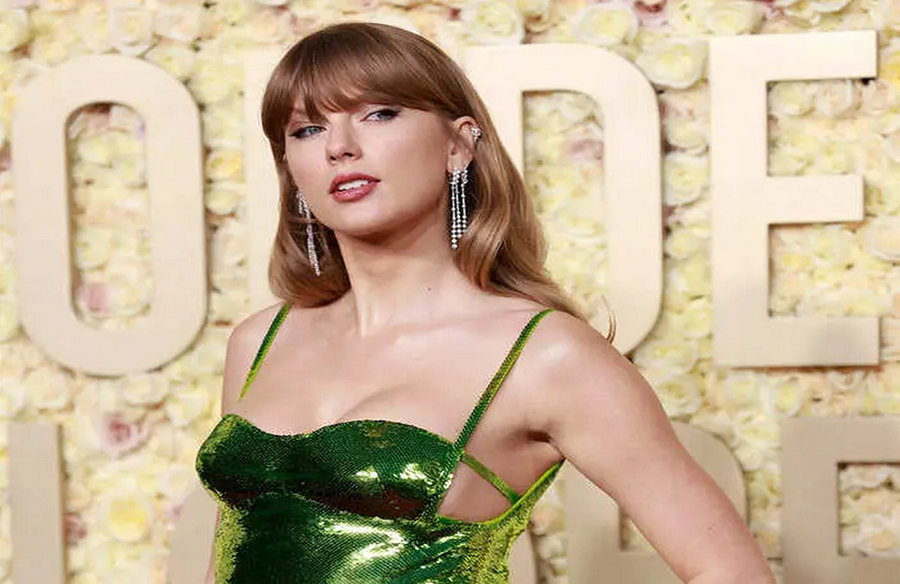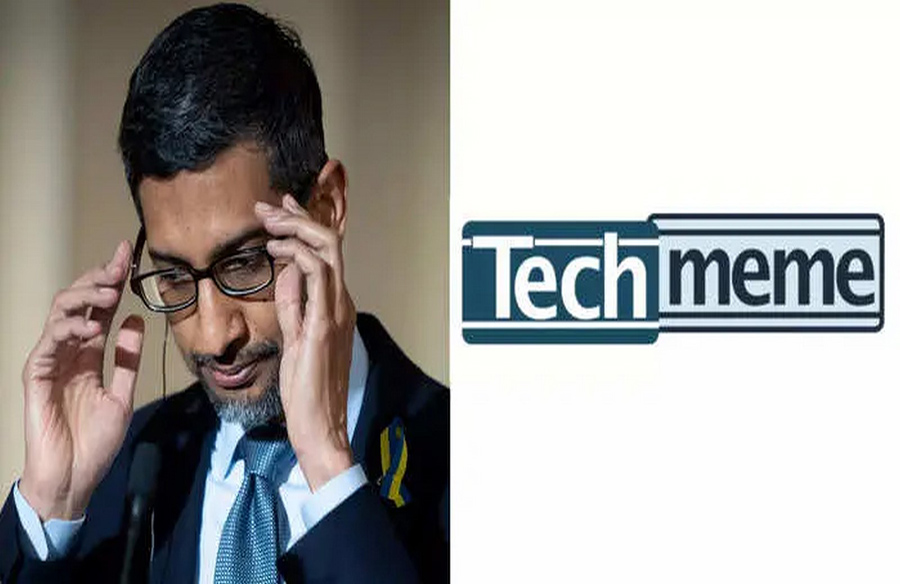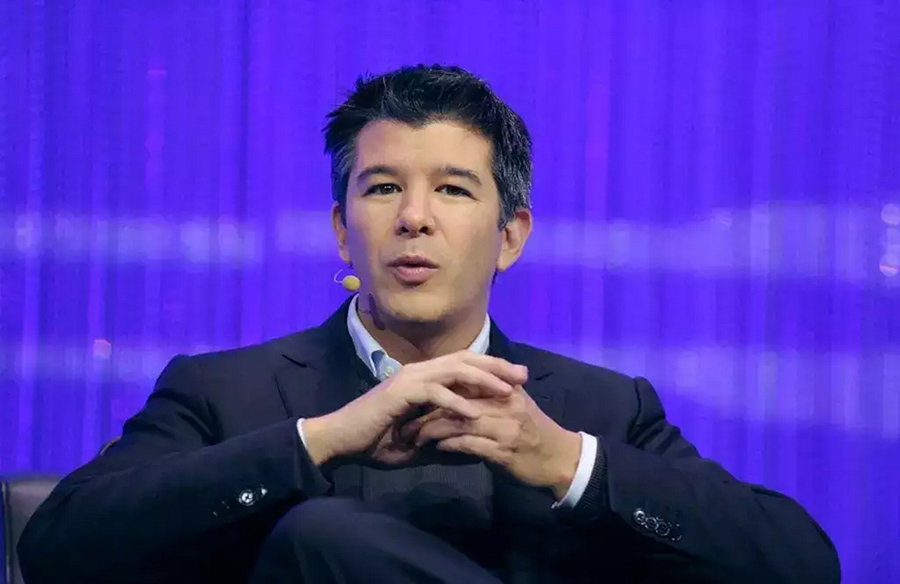Uber’s CEO, Dara Khosrowshahi, recently affirmed the existence of what has been termed “the Taylor Swift effect” in a candid interview. According to Khosrowshahi, local Uber teams strategically prepare for Swift’s visits to various cities.
Khosrowshahi disclosed that Uber’s preparations aren’t limited to handling increased ride requests during Swift’s concerts but extend to accommodations and surrounding areas as well. This proactive approach underscores the significant impact Swift’s presence has on local economies.
Beyond Uber: Recognizing the Economic Impact
Uber is not the only entity acknowledging “the Taylor Swift effect.” A Bank of America research report highlighted the economic influence of Swift’s “Eras Tour,” likening it to the impact of the Super Bowl on host cities. Cities hosting Swift’s concerts experienced notable boosts in various sectors, including hospitality and retail.
Reports and Studies Validate Swift’s Influence
Mastercard released a report dubbed “The Swift Lift,” illustrating the surge in sales for local businesses during Swift’s tour performances. The study indicated substantial spending growth in proximity to stadiums hosting Swift’s concerts, emphasizing her ability to stimulate economic activity.
Ripple Effects in Sports and Entertainment
Swift’s influence extends beyond traditional entertainment venues. Her association with the NFL’s Kansas City Chiefs led to significant gains in merchandise sales for player Travis Kelce. Moreover, NFL Commissioner Roger Goodell highlighted “the Swift effect” as a positive phenomenon, attracting a diverse audience demographic to football games.
Media Attention and Viewer Engagement
The impact of Swift’s presence is evident in media viewership statistics. CBS reported record-breaking viewership numbers during Chiefs games coinciding with Swift’s attendance. This surge in viewership underscores Swift’s ability to captivate audiences across various platforms.
Mixed Reactions from Businesses
While Swift’s influence garners widespread recognition, some businesses express concerns about its impact. Best Buy CEO Corie Barry noted a potential decrease in consumer spending on electronic goods due to the allure of Swift’s concerts and other experiential spending trends.
Assessing the Long-Term Impact
Khosrowshahi tempered expectations regarding Swift’s long-term impact on Uber’s bottom line, emphasizing the company’s substantial scale. While Swift’s influence is undoubtedly positive, its significance within Uber’s broader operational context may be relatively modest.
In conclusion, “the Taylor Swift effect” resonates across industries, influencing consumer behavior, media engagement, and economic activity. While businesses like Uber capitalize on the surge in demand associated with Swift’s tours, ongoing assessments are essential to understand the sustainability and broader implications of her influence on various sectors.







